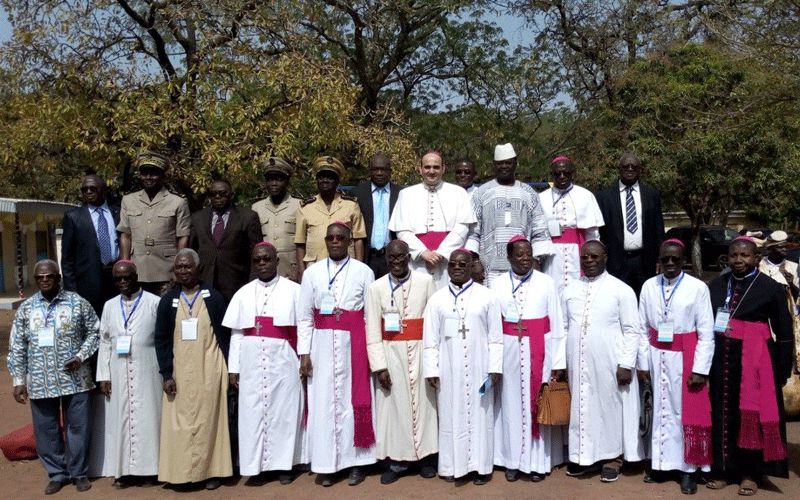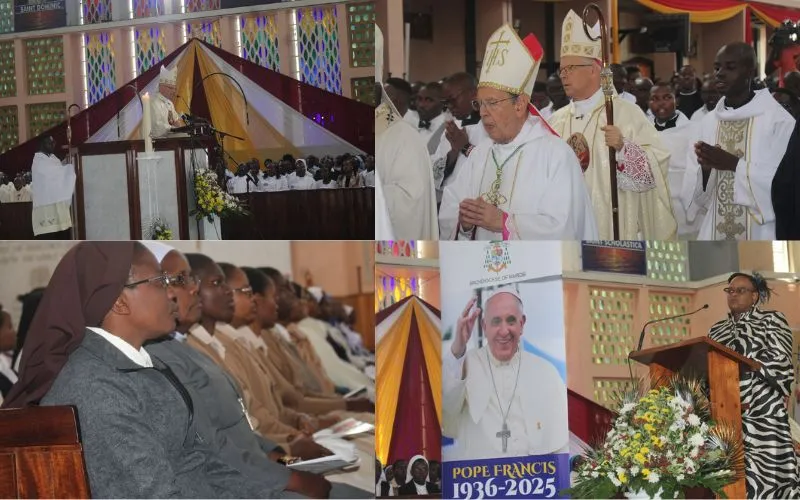Abidjan, 21 January, 2020 / 2:38 am (ACI Africa).
As eligible voters in the West African nation of Ivory Coast prepare to go to the polls in October, Catholic Bishops in the country have, at the end of their Plenary Assembly, highlighted four issues that need to be addressed to avert a possible post-election crisis, top on their list, reconciliation. Other issues include dialogue, the independence of the electoral commission, and respect for the country’s Constitution.
“The first condition that must be observed in the preparation of these elections must be reconciliation,” reads in part a message from the Episcopal Conference of the Ivory Coast (CECCI) issued in the Archdiocese of Korhogo, the venue of the Bishops’ Plenary Meeting Sunday, January 19.
In their collective statement, the Bishops have explained, “reconciliation presupposes, indeed requires, the return of exiles with guarantees of security and reintegration, the release of all political prisoners and prisoners of conscience, without exception, and the unfreezing of assets.”
Though the Prelates applaud the efforts of their nation’s leaders in encouraging citizens to reconcile, they call upon the leaders to strive toward collective reconciliation.
“All political leaders must be part of this dynamism, without resorting to violence as a solution to problems,” the Ivorian Prelates have emphasized in their statement.








